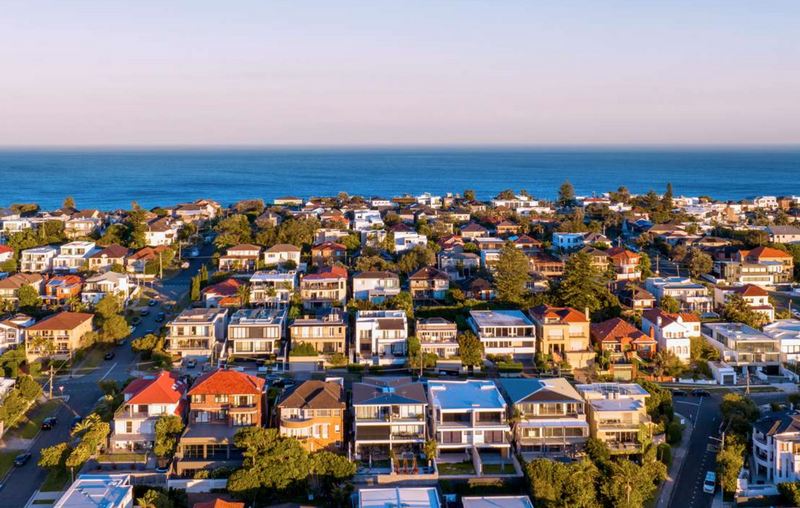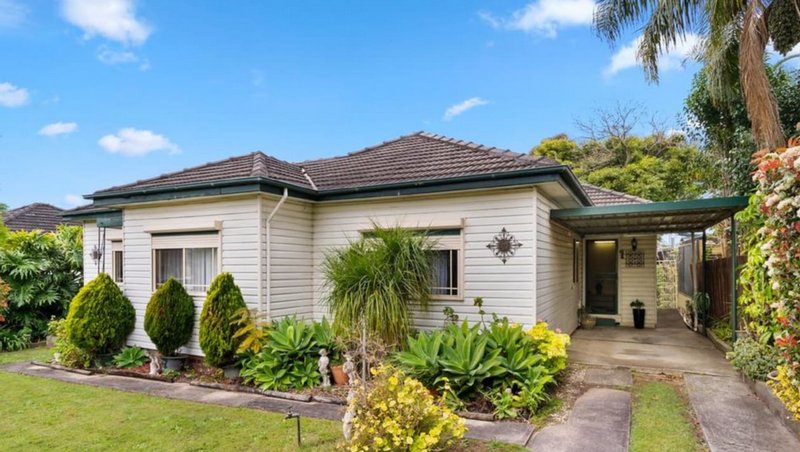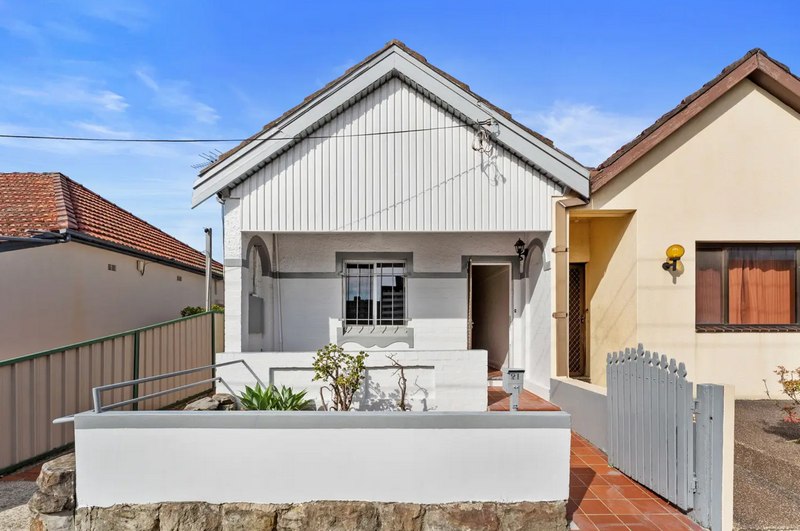Get free consultation
Fill out the form and we will contact you
Australia has consistently ranked among the top countries attracting international investors seeking a place to live, expand their asset portfolio, or establish a pathway to second citizenship. The stable real estate market, strong economy, safe living environment, and transparent policies make buying property in Australia not only an investment opportunity but also a gateway to long-term residency. However, foreign buyers must comply with a series of strict government regulations, and understanding these rules is key to ensuring success in your plans.
Over the past decade, Australia has become one of the ideal destinations for people looking to migrate, own a second home, or build a future for their families. First, the Australian property market is considered one of the most stable in the world, with limited volatility and long-term growth potential, especially in major cities like Sydney, Melbourne, Brisbane, and Perth. This provides a sense of security for those looking to invest in tangible assets.
Additionally, the quality of life in Australia is among the highest globally: clean environment, modern education and healthcare systems, well-developed social welfare, and a stable economy and political system. These factors make property ownership in Australia not just a financial investment, but also an investment in future living standards and overall quality of life.
Another reason Australia attracts people seeking a “second citizenship” is the potential to establish a residency pathway through investment visa programs. While buying property alone does not grant direct residency, owning real estate plays an important role in demonstrating financial capability and stability when applying for investment, business, or skilled visas.
Australian law allows foreigners to purchase real estate, but ownership rights are strictly regulated to ensure market transparency and protect the interests of local citizens. Before purchasing, you must obtain approval from the Foreign Investment Review Board (FIRB). This is a mandatory requirement for most cases involving non-citizens or non-permanent residents.
Generally, foreigners are allowed to purchase new properties, properties under construction, or vacant land for building a home. Buying existing properties is usually restricted, as the government prioritizes the existing housing stock for local residents. This regulation has led many international investors to focus on new developments, where legal clarity, integrated amenities, and growth potential are more reliable.
Obtaining FIRB approval involves fees and processing time, which vary depending on the property value. However, if the application is clear and meets all requirements, the approval rate is relatively high. This step is the most important for buyers to understand before entering the Australian market.
The property purchase process in Australia is generally transparent and standardized, but foreigners need to prepare carefully to avoid delays or legal risks. First, you need to determine the appropriate type of property: a new apartment, a house under construction, or vacant land. This will affect the likelihood of FIRB approval.
After selecting a property, the next step is to apply for FIRB approval. If you are an investor pursuing an investment or skilled visa pathway, having a clear and transparent financial record can facilitate the process. Once FIRB approval is granted, you can proceed with signing contracts, paying deposits, and completing the transaction.
It is also important to note that Australia has clear regulations regarding additional costs associated with property purchases, including stamp duty, foreign buyer surcharges, legal fees, and bank-related fees if using financing. Several states impose extra surcharges for foreign buyers, so selecting the right location can significantly impact the total investment cost.
This is a common question on websites about second citizenship and international migration. Australia does not grant permanent residency or citizenship based solely on property ownership. However, buying a house can be an important component of a financial portfolio when applying for investment visas such as the Investor Visa (Subclass 188/888) or business visas.
Owning property in Australia demonstrates financial capability, long-term commitment to the country, and stability in living arrangements. For many investors, having real estate is the first step in proving economic strength before applying for residency.
Moreover, once you hold a temporary investment visa and reside in Australia, you can purchase additional property without the complicated procedures required for foreign tourists. After meeting the required residency period and government criteria, you can apply for permanent residency and, eventually, Australian citizenship.
Therefore, buying property is not a “shortcut” to citizenship but is an important complementary strategy in the pathway to permanent residency and second citizenship.
In the context of many countries tightening immigration programs, Australia continues to maintain clear, transparent policies focused on quality. Owning property in Australia provides international investors with confidence in long-term assets and opens a smoother pathway when pursuing residency visas.
It is essential to have a well-planned strategy: choose the correct type of property eligible for purchase, understand FIRB regulations, evaluate costs, and align the investment with your long-term migration plan. When all these factors are carefully considered, Australia becomes an attractive destination to build assets, a secure lifestyle, and a future abroad.
Fill out the form and we will contact you



